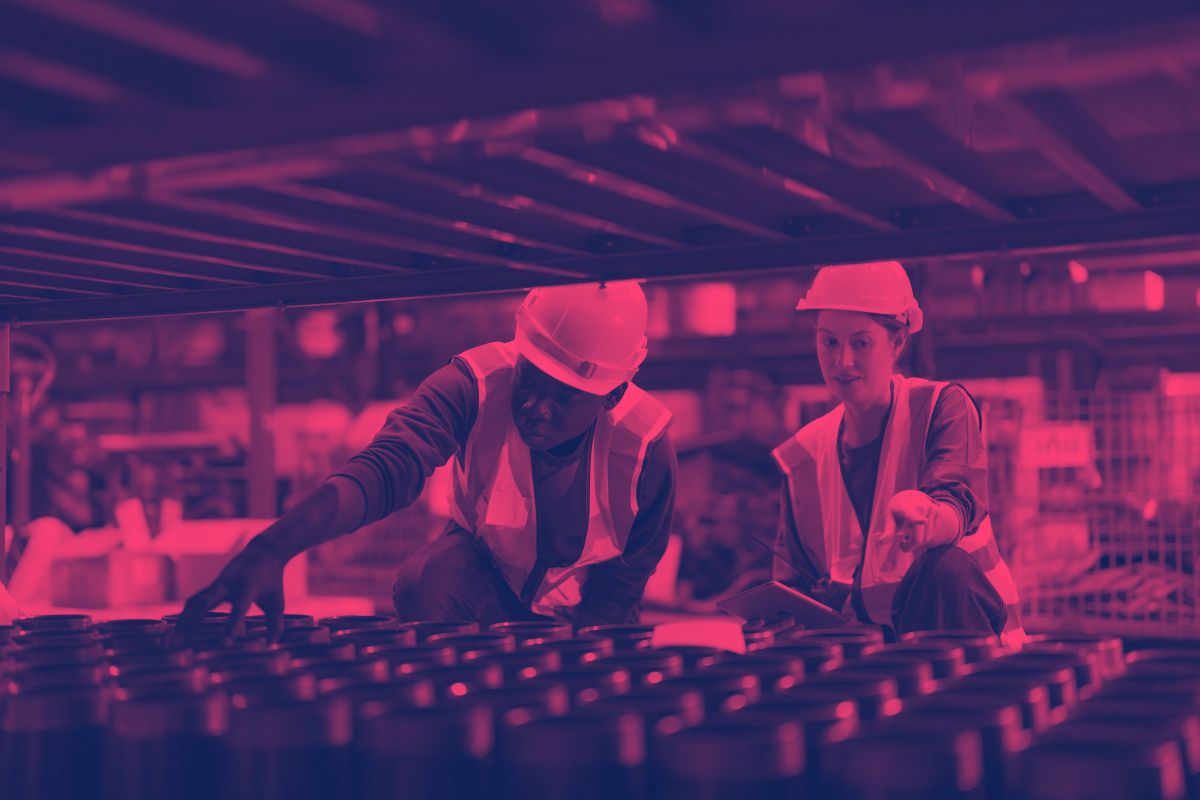The Cracks in Traditional Logistics Systems
Logistics is the backbone of manufacturing—but many logistics systems still rely on manual processes, spreadsheets, disconnected data, and reactive decision-making. As supply chains become more complex and globalized, traditional logistics models are struggling to keep up with real-time demands, rising costs, and the need for agility.
Enter AI. Modern logistics is being transformed by AI-powered technologies that enable businesses to optimize operations, respond to disruptions proactively, and increase efficiency across the supply chain.
What’s Wrong with Traditional Logistics Management?
- Lack of Real-Time Visibility – Traditional systems can’t track inventory or shipments in real-time, leading to delays and stockouts.
- Inefficient Route Planning – Static route planning fails to adjust to traffic, weather, or delivery issues on the fly.
- Manual Data Entry & Analysis – Time-consuming and error-prone processes delay decisions and reduce accuracy.
- Reactive Decision-Making – Businesses respond to problems after they happen instead of preventing them.
- Siloed Information – Data exists in disconnected systems, making it difficult to coordinate logistics activities.
These inefficiencies lead to higher costs, slower deliveries, and reduced customer satisfaction.
How AI is Reinventing Logistics Management
AI is bringing a new level of intelligence and automation to logistics by:
- Real-Time Tracking & Monitoring – AI uses IoT sensors and GPS data to give visibility into shipments and inventory levels in real time.
- Predictive Analytics – AI anticipates delays, demand spikes, and supply shortages before they occur.
- Dynamic Route Optimization – AI updates delivery routes in real-time based on traffic, weather, and priority changes.
- Inventory Forecasting – AI predicts inventory needs and automates restocking, reducing overstock and understock.
- Automated Workflows – AI eliminates manual tasks like order processing, scheduling, and documentation.
- Anomaly Detection – AI flags unusual patterns in logistics data (e.g., theft, spoilage, or inefficiencies).
These advancements lead to lower logistics costs, faster deliveries, and a more resilient supply chain.
Real-World AI Applications in Logistics
- Manufacturing Plants: AI predicts material shortages and automatically adjusts orders to avoid downtime.
- Delivery Fleets: AI-driven systems optimize delivery schedules and reduce fuel costs by 20–30%.
- Warehouses: AI-powered robots handle picking, packing, and sorting to speed up order fulfillment.
- Logistics Platforms: AI analyzes real-time data across suppliers, transporters, and customers to streamline communication and collaboration.
- Retail & E-Commerce: AI coordinates last-mile delivery and returns for faster, smoother customer experiences.
How to Start Modernizing Logistics with AI
Step 1: Assess Your Current Logistics Processes
✅ Identify bottlenecks, delays, and manual tasks in your current workflow.
✅ Highlight areas with poor visibility or frequent disruptions.
Step 2: Choose the Right AI Tools for Logistics
- ClearMetal – Predictive logistics platform for inventory optimization.
- Locus – AI-powered route optimization and delivery management.
- Project44 – Real-time visibility platform for transportation and supply chain data.
- Zebra Technologies – IoT and AI-based warehouse automation.
- FourKites – End-to-end supply chain visibility and predictive ETAs.
Step 3: Integrate AI with Existing Supply Chain Systems
🔹 Connect AI platforms with ERP, WMS, and TMS systems.
🔹 Ensure data is unified and accessible across your organization.
Step 4: Monitor, Optimize & Scale
📊 Track logistics KPIs such as delivery time, cost per shipment, and inventory turnover.
📊 Use AI insights to fine-tune operations and scale automation across more workflows.
Final Thoughts: Logistics Is Evolving—Fast
Traditional logistics models are becoming obsolete in the face of today’s complex and fast-paced supply chains. AI-powered logistics isn’t just a nice-to-have—it’s quickly becoming a competitive necessity. Businesses that modernize their logistics with AI will enjoy greater agility, efficiency, and customer satisfaction.
💡 Want to modernize your logistics operations? Let’s explore how AI can streamline your supply chain and reduce operational costs.





